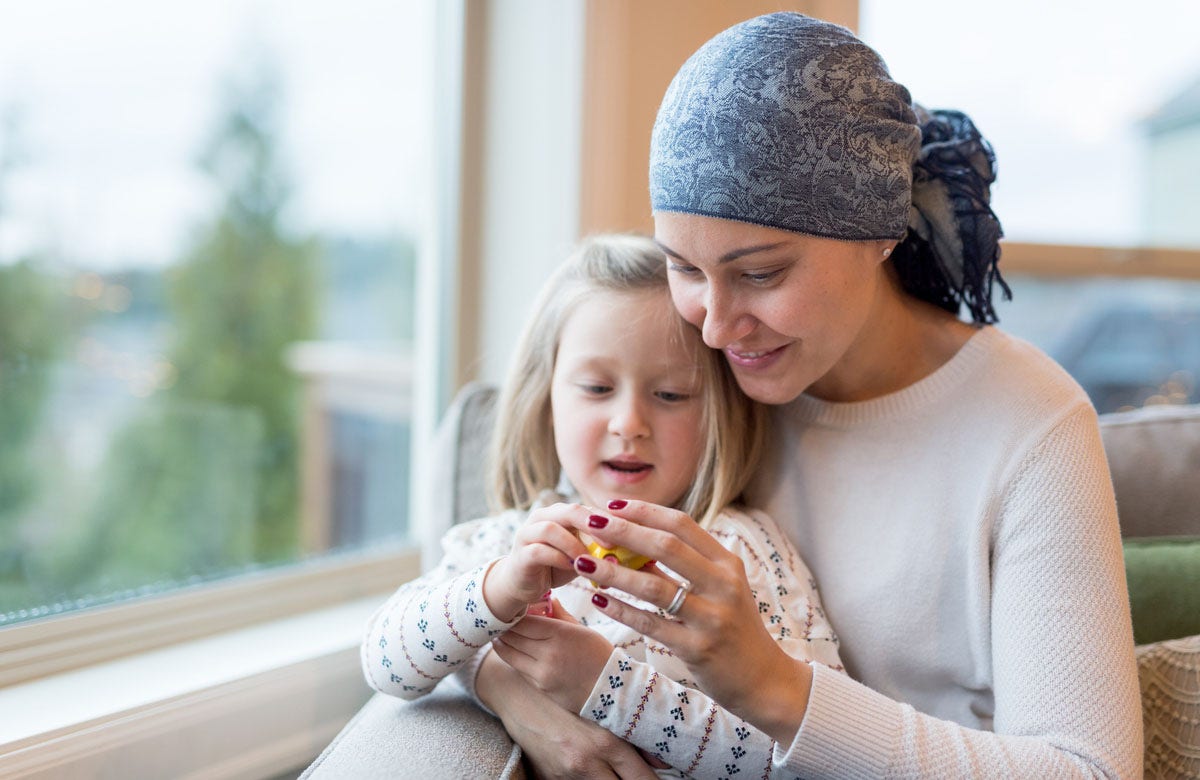Breast Cancer Diagnoses Among Younger Women: A Surge Worth Noticing
Although breast cancer deaths have been declining for decades in the U.S., diagnoses have been on the uptick among women 50 and younger. That's according to a new report from the American Cancer Society.
Breast cancer, a disease once primarily associated with older women, is unexpectedly becoming more prevalent among those under 50. This demographic shift, outlined in a recent study by the American Cancer Society, highlights a pressing concern for both medical professionals and women globally. But what does this trend mean for younger women, and how can society effectively address this rising health issue?

Approximately 12% of women in the United States will develop breast cancer during their lifetime. The upward trend in diagnoses among women under 50 is particularly alarming because early detection and prevention strategies are traditionally targeted towards women over 50. Breast Cancer Facts & Figures Report provides an in-depth look at this phenomenon.
A fundamental driver behind this trend is lifestyle changes, encompassing factors like diet, exercise, and weight. With careers often prioritized during these reproductive years, younger women might ignore routine screenings or miss early symptoms due to hectic schedules. Breast cancer screening kits are available for personal use, facilitating easier home monitoring.
Social media has also played a pivotal role, both in raising awareness and spreading misinformation about breast cancer. The American Cancer Society emphasizes the importance of accurate information, urging people to follow trusted sources. Social media influencers like @AuthorNamitha often share personal stories that inspire and educate.
Amazingly, medical advancements have made early-stage breast cancer highly treatable—this development contributes to the decline in mortality rates. According to a comprehensive study published in the JAMA Oncology, survival rates have improved significantly over the past decade, offering hope amidst rising diagnoses.
To combat these new trends, comprehensive strategies focusing on early detection, public education, and patient support are crucial. Noteworthy health programs, such as those initiated by American Cancer Society on LinkedIn, aim to bridge the knowledge gap and provide resources for younger demographics.
The association between genetic factors and breast cancer in younger women has also become a topic of growing interest. Genetic testing for genes like BRCA1 and BRCA2 is becoming more prevalent, offering women the chance to understand their susceptibility and preemptively take action. Resources detailing genetic testing can be found in this YouTube educational video.
If you or someone you know is under 50 and concerned about breast cancer, seek comprehensive information and personalized screenings. The goal is to stay informed, leading to effective outcomes in health management. Frequent updates are crucial—consider subscribing to health newsletters for the latest medical research and preventative care insights.
For women in their 20s, 30s, and 40s, the increasing diagnosis rate of breast cancer necessitates a transformative approach to women's health. Understanding one's body, engaging in regular medical check-ups, and advocating for accessible healthcare can pave the way for empowered, health-conscious living.
